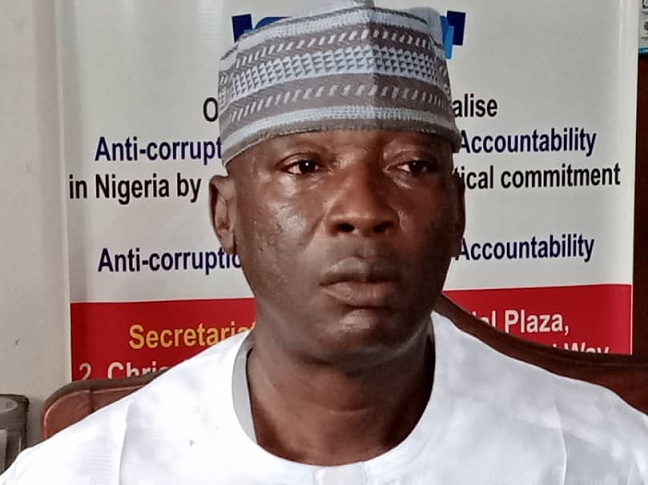In Nigeria, money is always a topic. People complain about fuel costs, talk about the naira, or follow news from abroad. In the middle of all that, another subject has been growing: global markets. With cheap phones, laptops, and internet access, more Nigerians are paying attention to what happens outside the country — and how it connects back home.
This shift isn’t just for experts. Students, freelancers, and everyday workers want to know why prices move the way they do and whether they can learn from it.
The digital change
Years ago, getting real-time market data here was almost impossible. Only banks and big companies had that access. Now, a phone is enough to see charts, news, and market updates. A laptop makes the experience smoother.
That’s why people often bring up the best trading website in conversations. The internet has turned what was once distant into something anyone can reach. It doesn’t mean it’s easy, but at least the door is open.
Starting out isn’t simple
Most beginners face the same problems:
- Too many strange words like leverage, margin, or spreads.
- Too much information, often confusing or contradictory.
- The temptation to jump in without practicing.
It’s normal to make mistakes. Everyone does. The important part is learning from them instead of quitting. Slower steps usually work better: test things, ask questions, and accept the process.
Platforms and tools
Digital platforms are where everything happens now. They bring charts, prices, and practice features together. For Nigerians, that matters a lot — it means a student in Abuja or someone in a smaller town can follow the same movements as people abroad.
Platforms make the whole thing less abstract. Instead of just hearing that “the naira dropped,” you can see how it looks on a chart and what it means.
Things to keep in mind in Nigeria
Markets don’t exist in a bubble. Here, certain realities always play a role:
- Oil prices drive the economy and the naira’s value.
- Central Bank decisions can change conditions overnight.
- Political events, inside and outside Nigeria, often trigger big swings.
- Taxes and regulations are part of the journey, even if many ignore them.
These reminders help connect the numbers on a screen to everyday life.
Learning through community
Learning alone can be tough. Across Nigeria, groups and clubs are forming — on campuses, in cafés, or online. People share their stories, both good and bad. Hearing how others failed or succeeded makes the process feel more real and less intimidating.
But there’s a warning here too: not every piece of advice is worth trusting. Developing a critical eye is just as important as learning how to read charts.
Looking forward
Financial literacy in Nigeria is still young but growing fast. Young people spend hours online already, so checking markets feels natural. As internet access expands to more regions, more people will likely test the waters.
Not everyone will trade daily, and not everyone should. But having a basic understanding of how world events affect local prices is useful for everyone. In a country where an oil price change abroad can make transport more expensive at home, that awareness alone is powerful.




